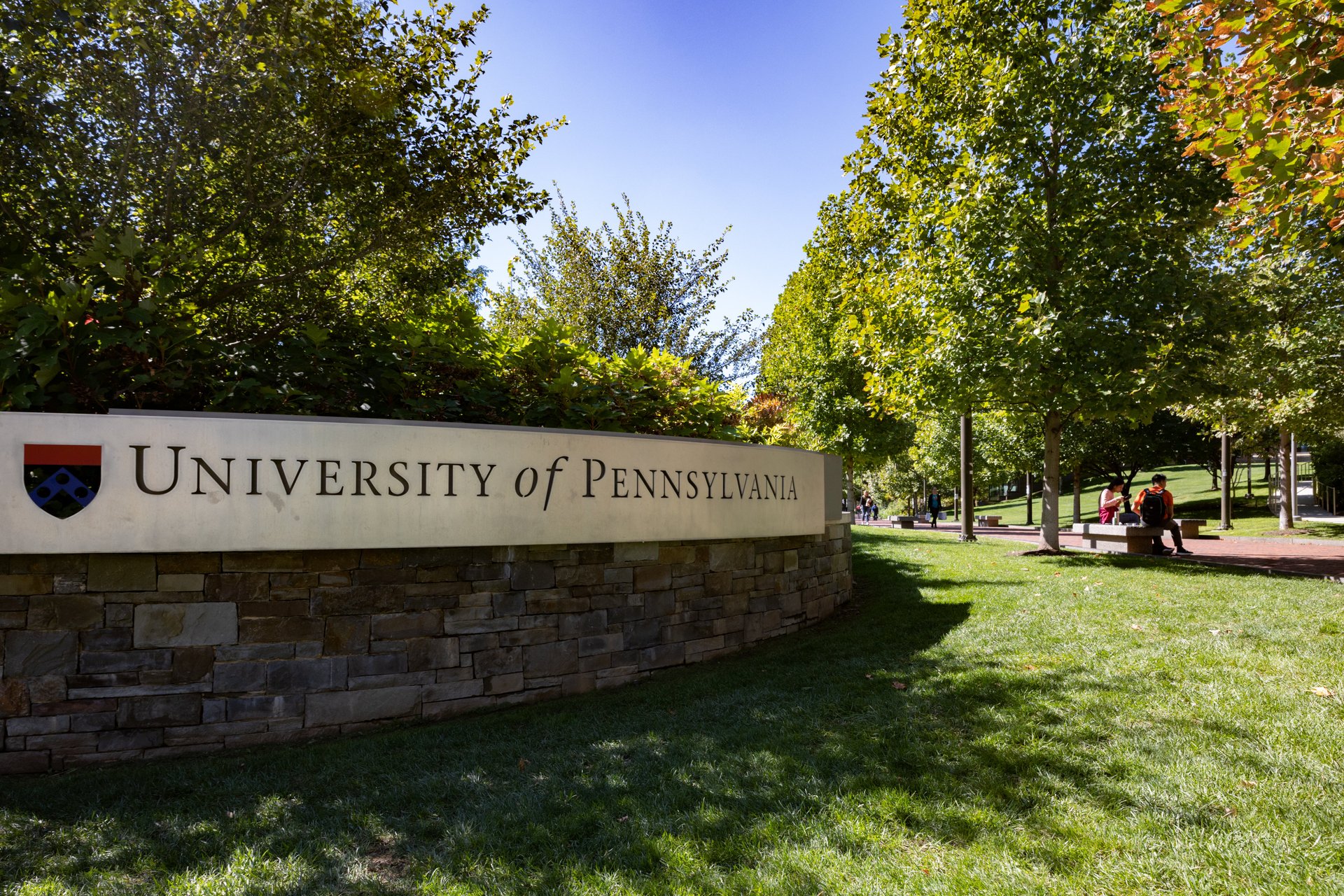An Ivy League school just announced its first AI master's degree
The University of Pennsylvania says it will train students to mitigate the risks of generative artificial intelligence

As tech companies race to build the world’s leading generative artificial intelligence technologies, they’re choosing from a very small talent pool. The pickings are so slim that staffers at ChatGPT-maker OpenAI have a median salary of nearly $1 million.
Suggested Reading
Schools are starting to try to address that gap. Just over two months after the University of Pennsylvania became the first Ivy League to offer an undergraduate degree in AI, it’s announcing its first master’s degree in artificial intelligence.
Related Content
The graduate program, which will welcome its first cohort of students for the 2025 spring semester, promises to prepare its students to “shape the future of this transformative technology.” Classes will teach engineers how to build AI systems, offering classes in deep learning and natural language processing, and will instruct students about the ethical implications of AI so they can “prepare to mitigate its risks,” the program’s site says.
“With this program, our goal is to educate a new generation of engineers who have the skills to analyze trends as they emerge — not only from the technological perspective, but also from the societal and ethical perspective.” Chris Callison-Burch, an associate professor of computer science at UPenn’s engineering school who will lead the school’s new graduate program, said in a statement.
While UPenn is the first Ivy Leaguer to make AI a major, Carnegie Mellon University became the first college across the globe to offer an AI undergraduate degree in 2018. MIT and Purdue University also preceded UPenn. Meanwhile, universities such as Stanford and Princeton offer concentrations or minors in AI.
